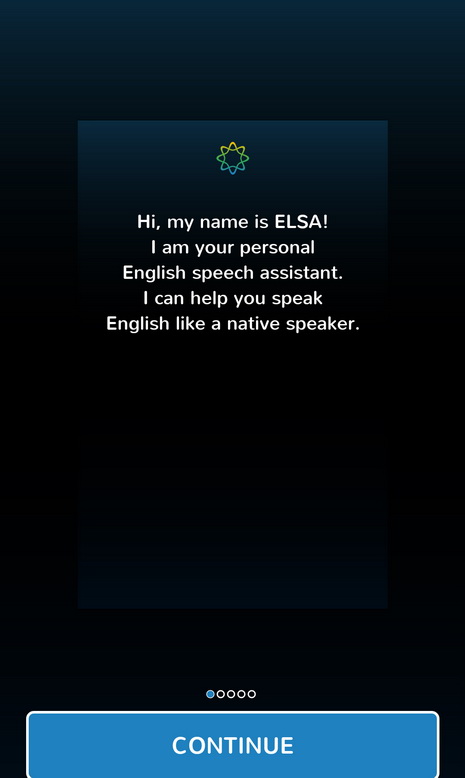Two Vietnamese app devs crowned champions at US edu-innovation contest
A mobile application for English pronunciation co-developed by two Vietnamese women recently took home first prize at a contest in Texas promoting innovation in learning.
 |
| A screenshot of the interface of ELSA |
The app, named ELSA, or English Language Speech Assistant, was co-developed by 33-year-old Van Dinh Hong Vu, 29-year-old Ngo Thuy Ngoc Tu, and Dr. Xavier Anguera from Spain.
ELSA was awarded first prize at the SXSWedu 2016 Launch Startup Competition after beating ten other finalists working in different stages of education to provide innovative methods for foreign language learning, international student success, substitute teaching, and more.
SXSWedu Launch Startup Competition was first held in 2012 and aims to be an education entrepreneurs’ competition that provides a vibrant forum for early-stage edtech startups.
The fifth annual Launch competition took place at SXSWedu, March 7-10, in Austin, Texas, welcoming innovations from the U.S. and other countries.
ELSA is a mobile app designed to assist language learners in improving English pronunciation and reduce their accent by using in-house speech recognition, automated feedback, and deep learning technology, according to the SXSWedu website.
Users can play pronunciation games or read aloud from different dialogues in various topics such as love, profession, and travel, with over 30 games and 3,000 common words or phrases currently available.
Learners can also speak any word or phrase in English of their choice to the phone and ELSA can provide automated speech analysis to pinpoint the problem with their pronunciation.
According to Ngo Thuy Ngoc Tu, the Android version of the app has been downloaded 7,000 times, while the recently uploaded iOS version has also reached 2,000 downloads in just two days.
“More than ten percent of users have cleared all available levels of the app, many of whom responded positively, saying it was the app they had been waiting for,” Tu said, adding, “regular users of the app experienced drastic improvements in their pronunciation and came gradually closer to achieving a native-like accent."
Tu said ELSA was initially aimed at users in Viet Nam, but its user base has expanded to include Eastern European and American users, as well as Vietnamese expats living in the US.
(Source: Tuoi Tre News)